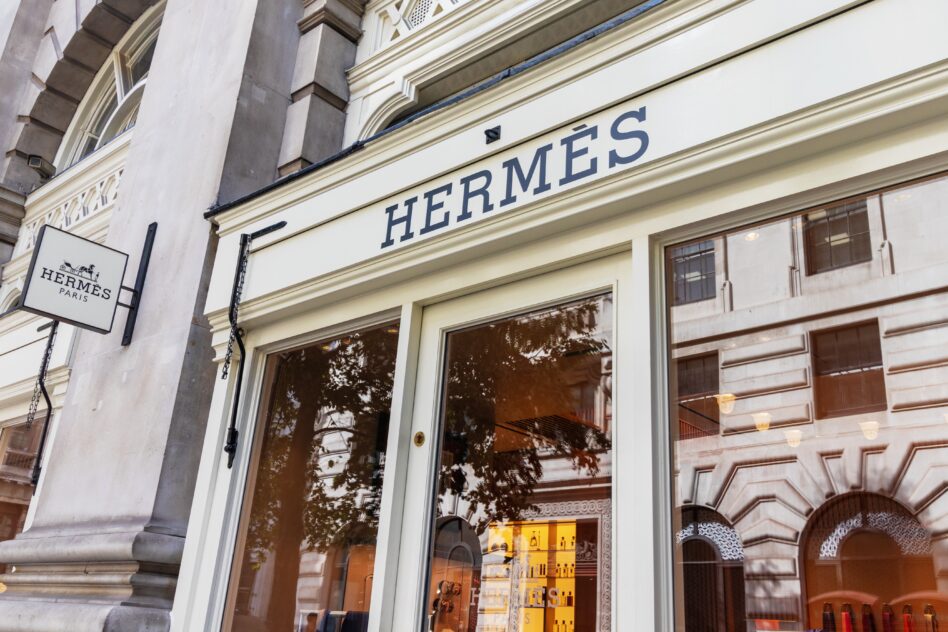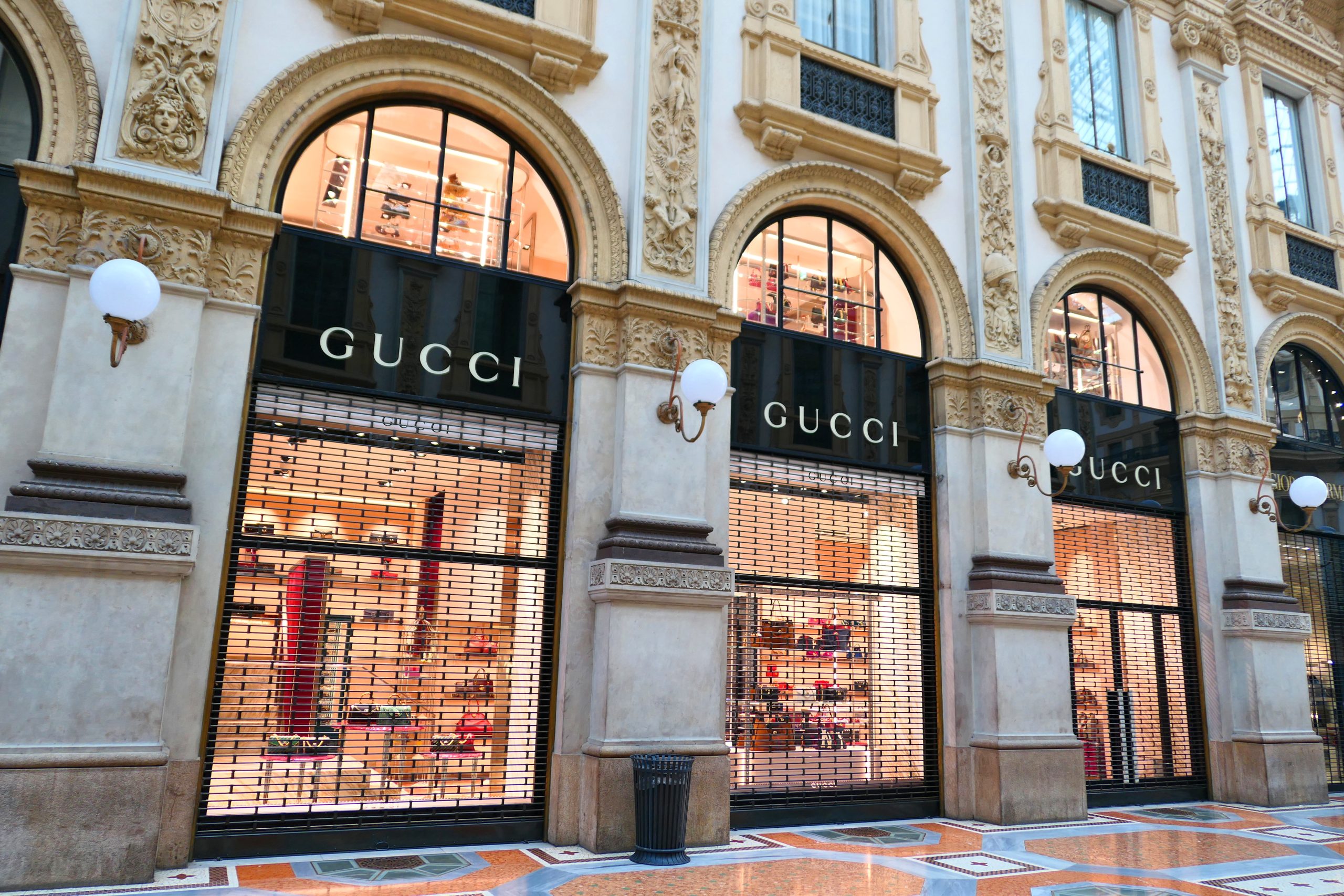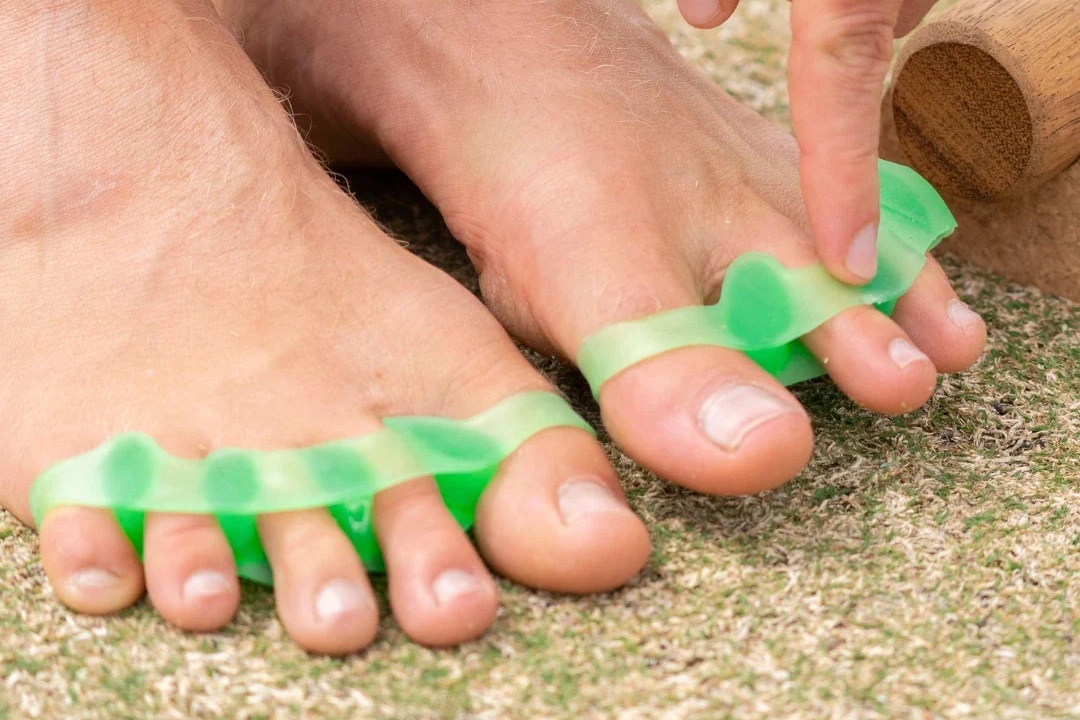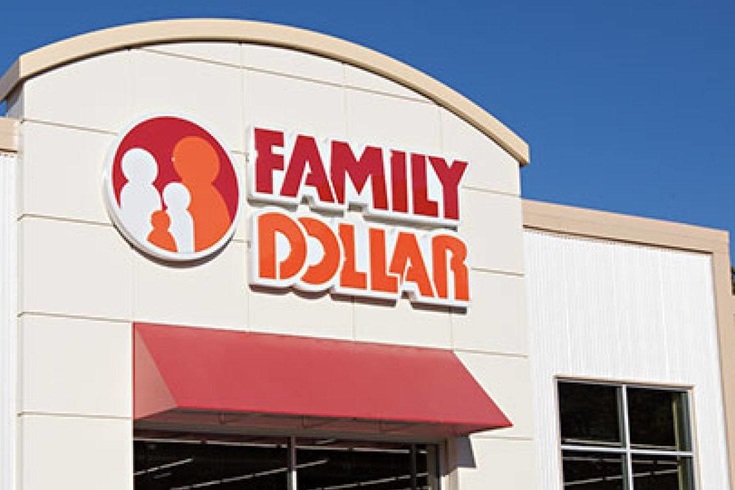
Image: Maddie Red/Shutterstock.com
It looks like the demand for luxury brands is as hot as ever despite continued inflation, recession, war, and banking upheavals, occurring all throughout the globe. Regardless of this, both LVMH and Hermès, two of the biggest designer empires in the world, just reported an increase in their first-quarter sales for this year.
Paris-based Hermès have indicated a revenue increase of over 20% compared to that of the first three months of 2022 and are 13% higher than the start of year projections forecast. At LVMH (Moët Hennessy Louis Vuitton) on the other hand, sales figures increased by more than 15% in the same three-month period and are much higher than first predictions also.
Stock prices on Europe luxury brands were already up by over 20% on average before the Q1 sales reports were even released, and have gained around another 15% rise so far this year, according to the MSCI Europe index.
Stakeholders and experts alike now see European luxury brands as one of the premier industries gaining tracking on the Chinese market again, after nearly three years of Covid-19 restrictions. According to LVMH, sales in China on products such as Louis Vuitton, Christian Dior, and Celine, have risen over 30% so far this year, compared to figures from Q1 2022.
Both Financial and banking experts have estimated a current surplus of nearly 8 trillion Yuan (1.15 trillion USD) among Chinese households, after the pandemic. This astonishing figure could help luxury brands achieve record sales for the rest of the year.
With that being said, the increase in sales figures is mainly due to the spending of the super-rich, while those on the lower spectrum of society continue to struggle. According to the studies of analytics, wealthy shoppers have more than doubled their spending on luxury goods since 2019, while lower-income spenders have reportedly halved their spending since 2019.
On the whole, the luxury goods industry has done surprisingly well during the current economic crisis. After several quarters of lower sales revenue in 2021 and 2022, the sector has begun to expand again quickly, and as a result, has enjoyed a significant upsurge in profits recently.
Despite this current trend of success, this is not the normal standard of affairs and experts predict that it might not be sustainable long-term. In the last decade on average, the luxury goods industry grew at a rate of around double the global GDP.
Now though, it will be a lot harder for the luxury industry moving forward to maintain such profits of their top-tier products, due to further inflation and price increases. Not to mention, a tightening of budgets across many multinational companies recently could be a sign that these recent high sales figures might not last much longer.
For the moment at least, the luxury brand industry is still thriving amidst a collapsing world, but just like the world of fashion itself, this current trend of high spending could quickly change and become out of style very soon.

Image: Maddie Red/Shutterstock.com
It looks like the demand for luxury brands is as hot as ever despite continued inflation, recession, war, and banking upheavals, occurring all throughout the globe. Regardless of this, both LVMH and Hermès, two of the biggest designer empires in the world, just reported an increase in their first-quarter sales for this year.
Paris-based Hermès have indicated a revenue increase of over 20% compared to that of the first three months of 2022 and are 13% higher than the start of year projections forecast. At LVMH (Moët Hennessy Louis Vuitton) on the other hand, sales figures increased by more than 15% in the same three-month period and are much higher than first predictions also.
Stock prices on Europe luxury brands were already up by over 20% on average before the Q1 sales reports were even released, and have gained around another 15% rise so far this year, according to the MSCI Europe index.
Stakeholders and experts alike now see European luxury brands as one of the premier industries gaining tracking on the Chinese market again, after nearly three years of Covid-19 restrictions. According to LVMH, sales in China on products such as Louis Vuitton, Christian Dior, and Celine, have risen over 30% so far this year, compared to figures from Q1 2022.
Both Financial and banking experts have estimated a current surplus of nearly 8 trillion Yuan (1.15 trillion USD) among Chinese households, after the pandemic. This astonishing figure could help luxury brands achieve record sales for the rest of the year.
With that being said, the increase in sales figures is mainly due to the spending of the super-rich, while those on the lower spectrum of society continue to struggle. According to the studies of analytics, wealthy shoppers have more than doubled their spending on luxury goods since 2019, while lower-income spenders have reportedly halved their spending since 2019.
On the whole, the luxury goods industry has done surprisingly well during the current economic crisis. After several quarters of lower sales revenue in 2021 and 2022, the sector has begun to expand again quickly, and as a result, has enjoyed a significant upsurge in profits recently.
Despite this current trend of success, this is not the normal standard of affairs and experts predict that it might not be sustainable long-term. In the last decade on average, the luxury goods industry grew at a rate of around double the global GDP.
Now though, it will be a lot harder for the luxury industry moving forward to maintain such profits of their top-tier products, due to further inflation and price increases. Not to mention, a tightening of budgets across many multinational companies recently could be a sign that these recent high sales figures might not last much longer.
For the moment at least, the luxury brand industry is still thriving amidst a collapsing world, but just like the world of fashion itself, this current trend of high spending could quickly change and become out of style very soon.



